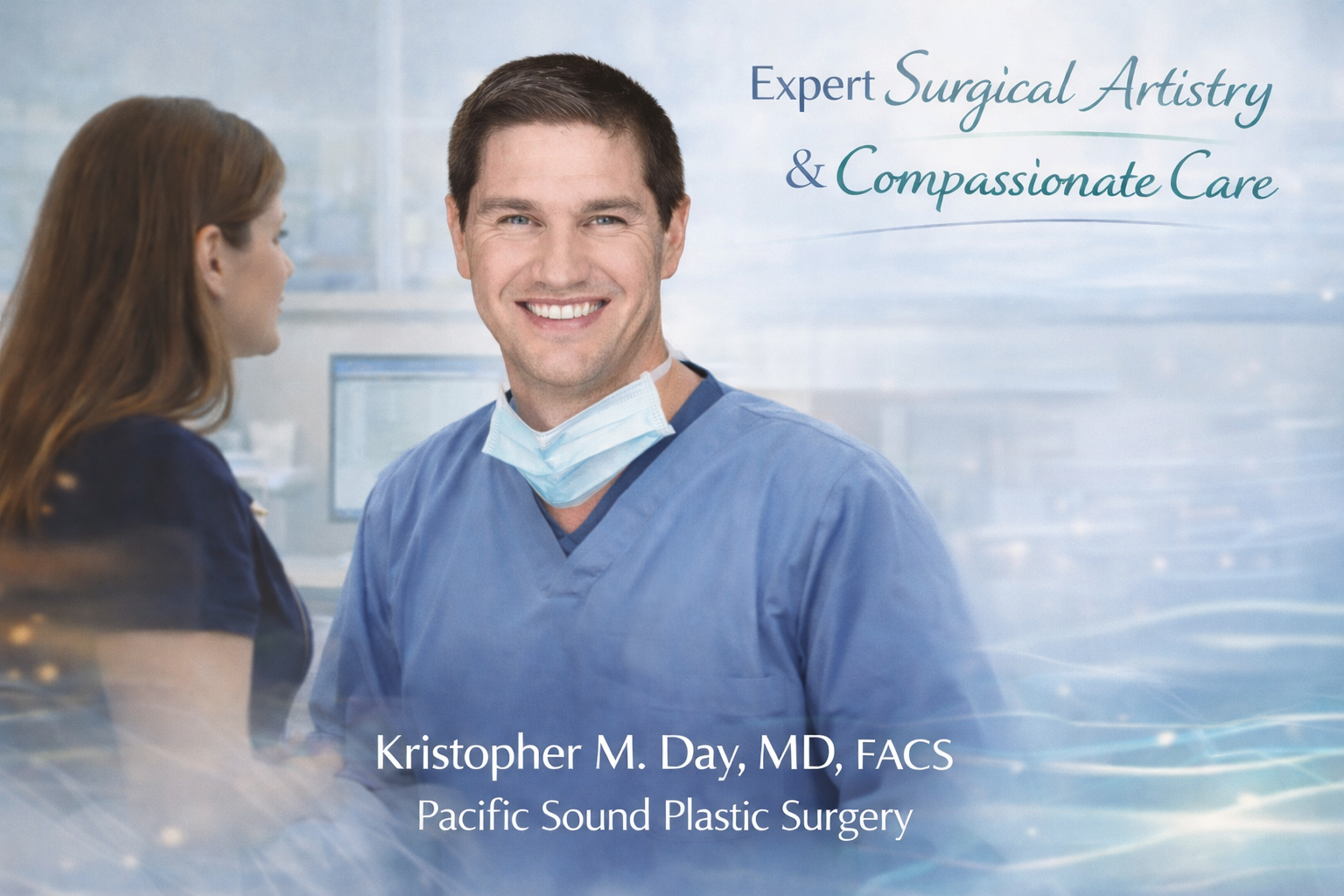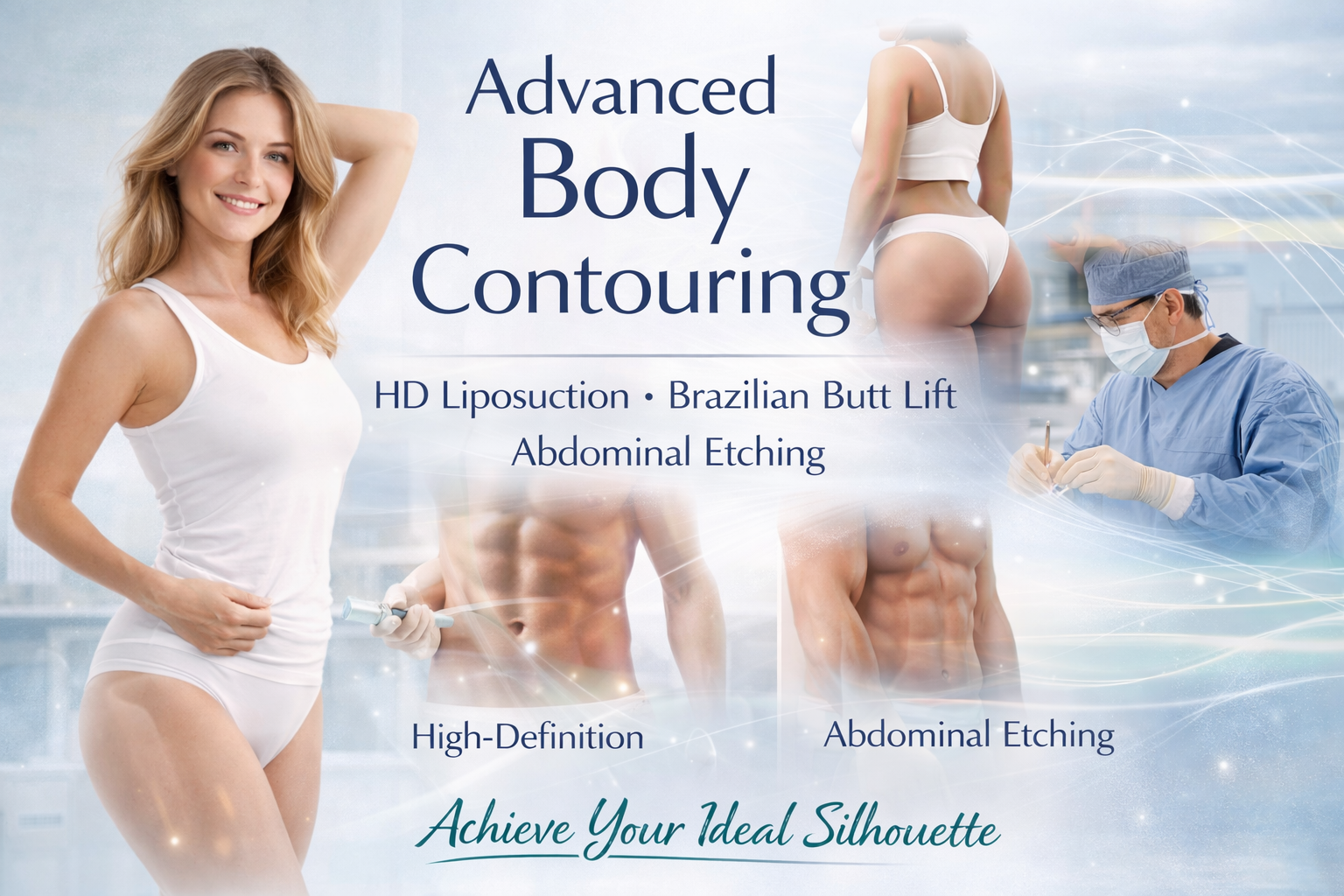
Plastic surgery can provide an inspiring transformation for patients looking to reclaim, rejuvenate, reconstruct, or refresh an aspect of their face, breast, and body. However, many plastic surgery procedures are elective and should be performed in the safest setting possible for patients to attain excellent results with the least risk. Dr. Kristopher Day, MD, is a double board-certified plastic surgeon in Bellevue, serving patients throughout the Seattle-Tacoma metropolitan area. He considers patients’ safety of utmost importance and considers it a responsibility to confront conditions that could compromise a patient’s surgical outcome prior to a procedure. Nicotine, which is the highly addictive substance found in cigarettes, cigars, pipe tobacco, chewing tobacco, and vape devices, can significantly impair healing and increase other risks of having plastic surgery. The following describes why that is so that patients can understand the importance of stopping smoking before surgery and continuing nicotine avoidance until healed from any plastic surgery procedure.
Background
According to the Centers for Disease Control, over 45 million Americans routinely smoke a tobacco product. Aside from the known increase risk of lung cancer, heart disease, and other tumors, smoking also increases heart and lung disease, as well as poses various risks of having a complication from a surgical procedure.
Effects of Smoking on Wound Healing
Cigarettes and other nicotine-containing substances are harmful to the tissue’s ability to heal. The nicotine in cigarettes causes “vasoconstriction,” which makes blood vessels smaller, reducing the nutritional flow of blood the skin needs to heal from a plastic surgery procedure. This resulting relative lack in blood flow can cause tissue “ischemia,” which can result in wound formation, worse scar formation, and skin ulceration. Nicotine also makes the blood’s clotting cells, platelets, more likely to stick to each other, which can cause small blood clots. These “micro-thrombi” can then block small blood vessels, such as the capillaries going to the edge of an incision, further preventing blood flow to wound edges. It also decreases the number of healthy cells in the blood, such as firboblasts and macorphages, which are involved in the production of healthy collagen, the most abundant protein present in the body’s tissues. This relatively decreased capacity for the body to produce new protein-based connections between tissues can also lead to wound formation and poor healing. Additionally, the act of smoking involves the burning of tobacco, which produces other unhealthy waste products that are taken up by the body’s bloodstream. These contaminants can interfere with healthy chemical processes that are involved in healing. Carbon monoxide, for example, binds to the chemical (hemoglobin) that carries life-sustaining oxygen to tissues approximately two hundred times stronger than does oxygen. Therefore, the nutrition that is brought to an incision made during plastic surgery is impaired in many ways by smoking, making stopping smoking key to a good plastic surgery outcome.
Quit Smoking at Least a Month Before Plastic Surgery
The effects of smoking on blood vessels, cells, and tissues can linger. So it is important to stop smoking in advance, so that your body can recover from the harmful effects of smoking prior to plastic surgery. The potential harmful effects on wound healing are above, but other problems, such as lung issues, vein thrombosis (DVT), and other issues can also be increased in smoking patients. Studies indicate that the best time frame is at least six weeks before a procedure to stop smoking. If your procedural plan does not allow for six weeks, then at least four weeks prior to surgery is required to prevent worse healing or other complications.
How to Stop Smoking
Nicotine is addictive. It is sometimes easier to say than to quit smoking. However, there are resources available to you. Smoking cessation products available without a prescription include nicotine gum, lozenges, patches. However, even these nicotine-containing products should not be used within a month of plastic surgery. Prescription drugs are another option for people who don’t experience success with over-the-counter products, such as Wellbutrin®, Zyban®, and Chantix®. There are also alternative medicine approaches to quitting smoking, such as hypnotherapy and acupuncture. Whichever method you choose, the goal is to break the habit, make your body healthier, and have better results from plastic surgery achieved with greater safety.
The Big Picture
You will probably hear various opinions about stopping smoking and having surgery. Or, perhaps worse, maybe your consultants will not mention anything about the effects of smoking at all. But do not be fooled. The data from many studies is clear. Smoking is associated not only with increased complications but also accelerates the signs of aging through various effects on the skin and underlying tissues. Since plastic surgery is meant to help you realize your best self and often to achieve a more refreshed and youthful appearance, smoking runs counter to the goals of most patients. So stopping smoking can not only help you avoid problems and heal better, but also have better results and move toward the bigger goal of feeling better with a more rejuvenated appearance. So if you use nicotine products, then your best outcome will be achieved if you think of your plastic surgery procedure as an opportunity to make healthy changes.
Reach Out if We Can Help
If your plastic surgeon has not discussed smoking cessation with you, then there may be an opportunity for you to be treated with greater safety and better outcomes. Please reach out to us today to get an individual assessment so that you achieve your best results with optimal safety in mind!



